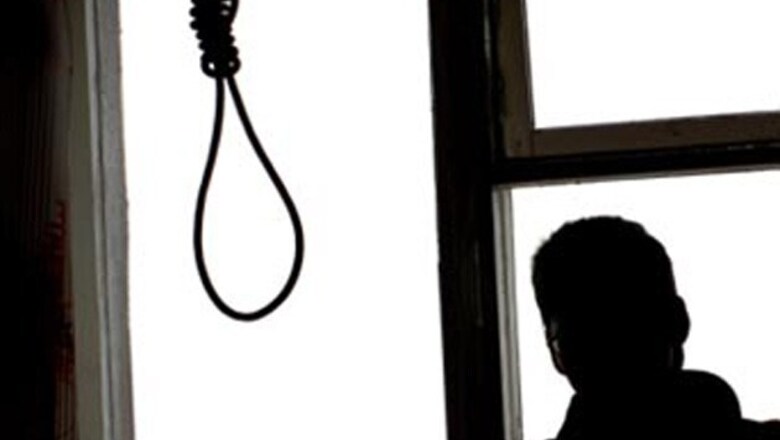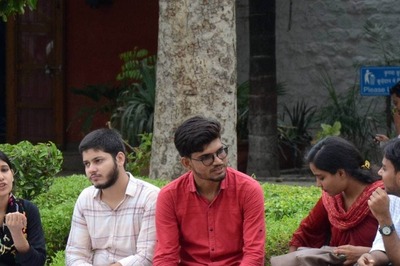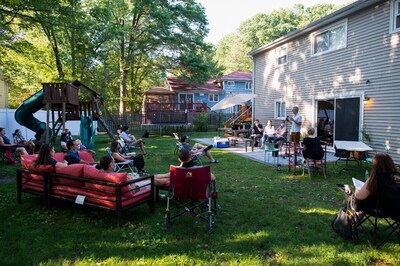
views
New Delhi: Every suicide by married women cannot be presumed to have been caused by harassment by the husbands or in-laws, a Delhi court said on Monday and acquitted a man giving him the benefit of doubt. "Minor incidents of beatings on small issues can take place in any household and it would be unsafe and rather hazardous to unnecessarily over-stretch these trivial issues and to give those colour of cruelty as defined in explanation attached to section 498A (cruelty) of IPC," it also said.
Additional Sessions Judge Manoj Jain gave benefit of doubt to a Delhi resident, Jagmohan, and acquitted him of charges of cruelty, dowry death and abetting the suicide of his wife in July last year. "Suicide is a complex phenomenon. One who commits suicide, is not alive to disclose as to what was going on in his or her mind when he or she committed suicide.
"There is no presumption that every suicide committed by a married woman in her in-laws' house or at her parents' house has to be because she was suffering harassment at the hands of her husband or her in-laws," the court said. It noted that the material placed on record by the prosecution does not suggest any "overt act" on part of the accused, indicating that he had abetted his wife's suicide.
According to prosecution, Jagmohan was chargesheeted for offences under sections 498 A (cruelty), 304-B (dowry death) and 306 (abetting the commission of suicide) of the IPC. It said that after being subjected to cruelty and dowry harassment, Jagmohan's wife had allegedly tried to slit her wrist before hanging from ceiling in her matrimonial house.
During trial, the man had denied the allegations leveled against him and claimed innocence. The court said the span of matrimonial life should also be taken into account and, in this case, the marriage between the deceased and the accused had taken place in 2008.
"Marriage had taken place in 2008 and minor quarrel or one or two stray incident spread over a period of six years would not make it to be a case falling within the ambit of cruelty or dowry death," the court said. The court noted that if the alleged incident of cruelty was remote in time and had become stale enough not to disturb the mental equilibrium of the woman concerned, it would be of no consequence.
Rejecting the testimony of the woman's mother, the court said she was "blowing hot and cold" and it would be highly risky to hold the accused guilty on the basis of her testimony which did not seem to be of sterling quality and impeccable nature.
The court said that merely because the accused, with the help of others, had brought the deadbody down, would not be a reason to feel apprehensive and suspicious about him. "It is generally experienced that in such type of matters, when there is a suicide which has nothing to do with the demand of dowry, husband and other relatives of husband tend to flee away due to panic," it said, adding that no adverse inference could be drawn from the said act.




















Comments
0 comment